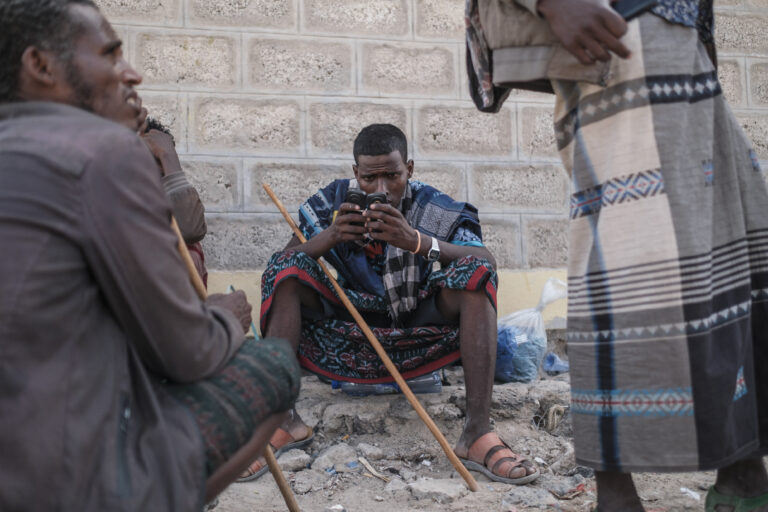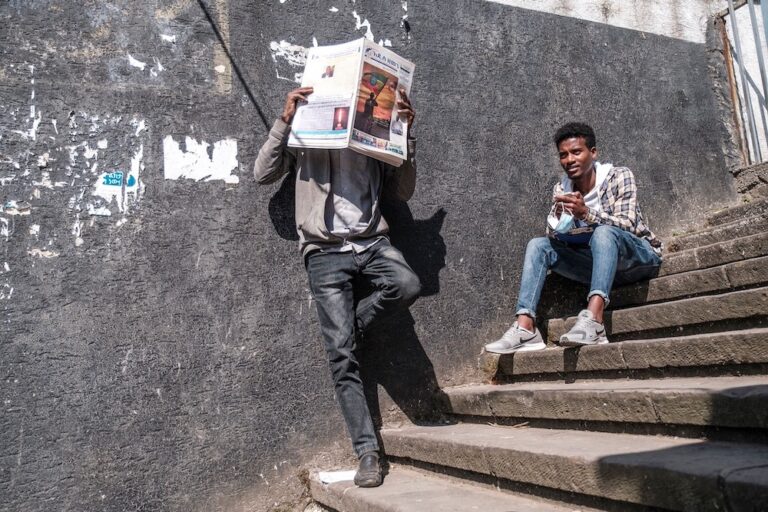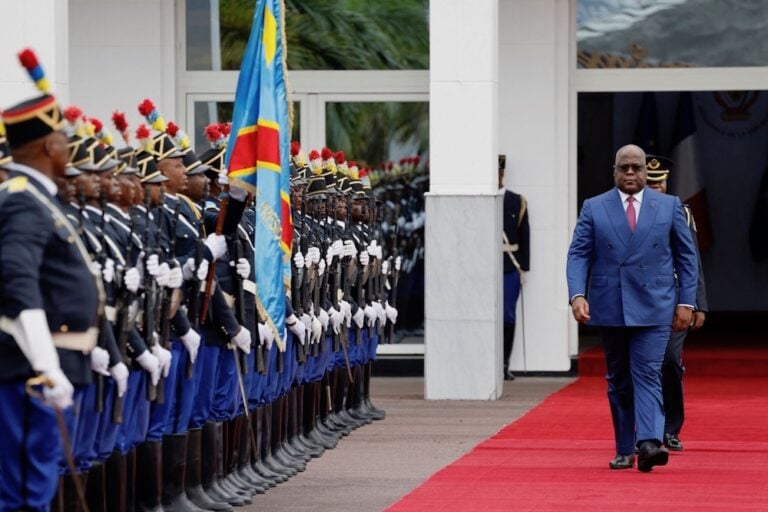Ethiopia's state of emergency is being used to target critical voices in the media sector.
This statement was originally published on cpj.org on 6 September 2023.
The Committee to Protect Journalists on Wednesday expressed deep concern about the arrest of three journalists only weeks after Ethiopia declared a state of emergency, and it called on authorities to promptly release all members of the press detained for their work.Abay Zewdu, chief editor of the YouTube-based broadcaster Amhara Media Center (AMC), was arrested in the capital, Addis Ababa, on August 10 and transferred to Awash Arba military facility on August 21, according to a report by the online outlet Roha Media, a statement by the statutory watchdog Ethiopia Human Rights Commission (ERHC), and his sister Zoma Zewdu.
Federal police officers did not tell Abay why they were arresting him, he did not go to court, and at the time of publication he remained in the Afar state military camp’s temporary detention center in Awash Arba town, some 240 kilometers (145 miles) east of Addis Ababa, according to Zoma and AMC board member Aregahagn Negatu, both of whom spoke to CPJ.
Yidnekachew Kebede, founder and editor of YouTube-based outlet Negari TV, was arrested on August 17 and appeared in court in Addis Ababa’s Ketema Sub-City on August 21, where the police accused him of aiding “anti-peace elements” and producing video content “with the intent of provoking violence,” his lawyer Henok Aklilu told CPJ. On September 1, Yidnekachew returned to court and was released on bail of 6,000 birr (US$108) without charge, Henok said.
Fekadu Mahtemework, editor-in-chief of the weekly Ghion magazine, was detained by police in Addis Ababa on August 25 under the state of emergency decree and told that he would not be taken to court, according to media reports and his wife, Hiwot Hailegebriel. Hiwot told CPJ that Fekadu was released without charge on Monday, September 4.
Ethiopia declared a six-month state of emergency on August 4 in response to conflict in northern Amhara state between government forces and the Fano, an armed militia. The state of emergency law, reviewed by CPJ, grants security personnel wide powers of arrest and provides for the suspension of the due process of law, including the right to appear before a court and receive legal counsel.
All three journalists published reporting or commentary on the conflict in Amhara and the state of emergency, according to CPJ’s review.
“Once again, Ethiopian authorities are targeting journalists precisely when the public needs access to diverse reporting and commentary on an ongoing conflict,” said CPJ Sub-Saharan Africa Representative Muthoki Mumo. “Ethiopian authorities should release all journalists detained for their work and guarantee that the state of emergency in Amhara will not be used to stifle the media.”
Prior to Abay’s detention, AMC had extensively covered the Amhara crisis, including a report in which he described it as a freedom struggle, variousinterviews with civilians in Amhara state about the impact of the fighting, and interviews with Fano militiamen.
Yidnekachew had published posts on Facebook criticizing the emergency declaration and decrying detention of political activists and civilians. The most recent video published by Yidnekachew’s outlet, Negari TV, included an interview with Abay in which they discussed the persecution of ethnic Amharas and the government’s failure to protect civilians.
Fekadu’s magazine Ghion published news stories on YouTube and in its weekly print edition about the state of emergency decree and mass arrests in Addis Ababa and surrounding areas.
Over the last four years, Ethiopian journalists have frequently been arrested, particularly during periods of political tension or conflict. Abay was previously detained in September 2022 and in April 2023 and released on bail. Fekadu was jailed for about five months before being granted amnesty in 2020.
Federal police spokesperson Jeylan Abdi did not immediately respond to CPJ’s requests for comment via email and messaging app.



